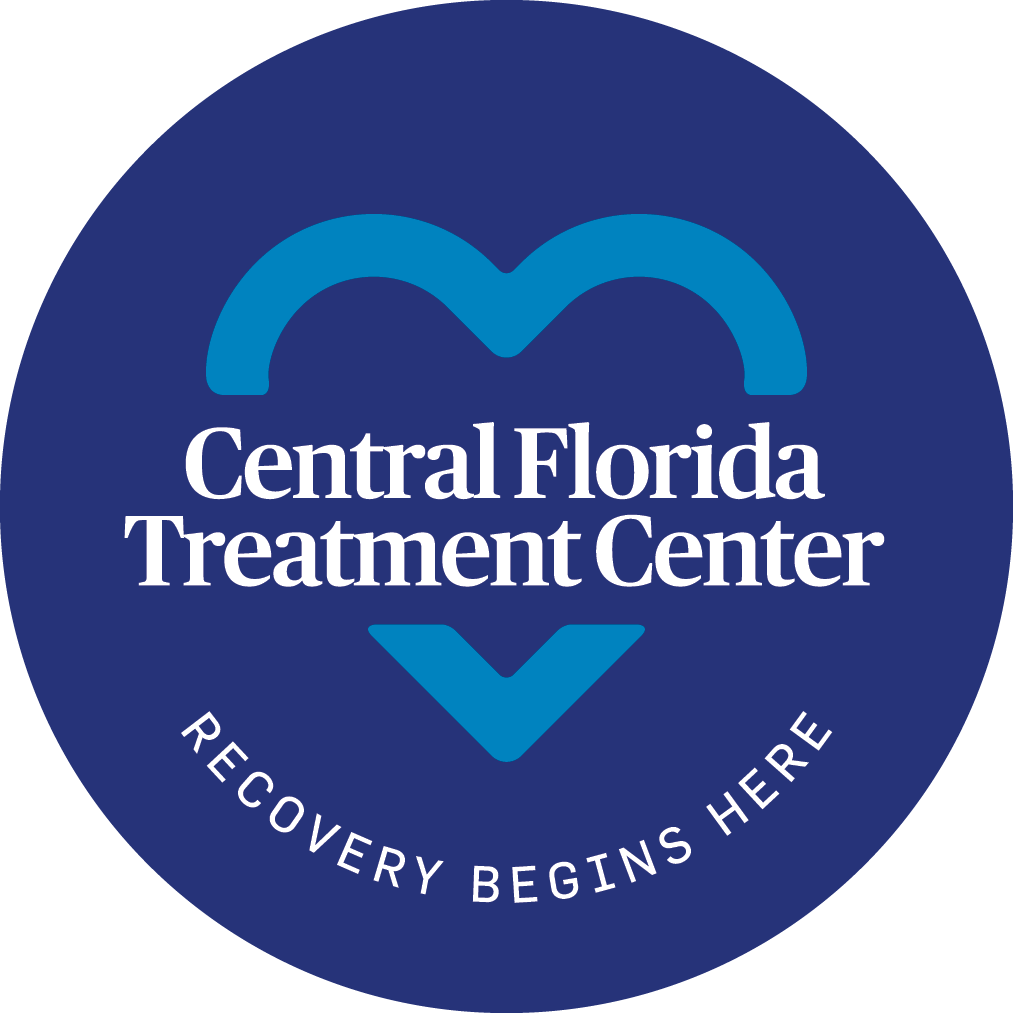
What Causes Addiction
Addiction is a complicated chronic disorder that combines psychological and physiological dependency. According to the Substance Abuse and Mental Health Services Administration, in 2013 roughly 20 million Americans were in need of substance abuse treatment, but either chose not to or were unable to seek rehabilitation.
The primary cause of physiological addiction is habituation. As an individual continues to use a substance, his or her body becomes acclimated to it, requiring a larger dose to reach the desired “high”. Eventually the body actually begins to require the drug in order to prevent symptoms of withdrawal.
Signs that a person has reached the stage of addiction include: increased anxiety or depression, insomnia, night sweats, tremors and frequent headaches. While addictive drugs can affect anyone, those suffering from mental health issues are often much more likely to turn to substance abuse. The National Alliance on Mental Illness has reported that individuals with mental disorders make up over 50 percent of all addicts. This can present a serious obstacle when it comes to rehabilitation; users and their caregivers must tackle both physiological dependency and underlying psychological issues.
No matter your walk of life, addiction is extremely difficult to overcome on your own. While family and friends can offer support, they may not always have the knowledge and tools needed. If you or someone you know is looking to escape their habit, call Central Florida Treatment Centers, Inc. in Orlando 407-843-0041 to learn more about rehabilitation.

What Makes Central Florida Treatment Centers Different?
What sets Central Florida Treatment Centers apart from other outpatient programs engaged in the long term treatment of opioid use disorder
Current long term treatment of addiction to opiates involves both substance abuse therapy and the use of medications to prevent cravings and relapse. The medications involved in this process include either methadone, buprenorphine (usually Subutex, Suboxone or Zubsolv), and naltrexone. This program is called Medication-Assisted Treatment (MAT) for opioid use disorders. It is regulated by both Federal and State authority (In Florida, Department of Children and Family Services, 65D-30.014).
Of the three prescription medication choices, long term methadone treatment is considered “the gold standard” because medical research has demonstrated that this medication has, thus far, produced the most satisfactory results in those who were managed with this particular medication.
Many currently licensed facilities are available to dispense methadone in this state. Compliance involves establishment and delivery of at least the minimum requirements of the created, previously referenced Federal and State medical maintenance protocols by each individual facility.
Central Florida Treatment Centers remain unique from many other methadone treatment organizations due to the extra measures taken by our facilities, above and beyond those governmentally mandated, to further assist all of the patients who are enrolled in our opioid use disorder (medication assisted) treatment program.
These measures include:
1)Exceptionally knowledgeable and experienced medical and substance abuse therapy staff in addiction treatment
2)Physician expertise in urine toxicology interpretation to aid in successful team treatment options
3) Stabilization of patients on lowest helpful appropriate therapeutic methadone doses
4)Ongoing staff education program to keep staff appraised of newly published information concerning evidence based opiate abuse management
5)De-emphasis on marijuana testing results due to its legality in Florida.
6)Promoting understanding, empathy, respect, and initiation of empowerment strategies in patients trying to achieve sobriety but struggling with and without concomitant use of other illicit substances.
7)Accommodation to patient work schedules, if possible
8)Increased counseling hours to enable necessary time to be spent with complex patients
9)Coordination of care with consultant and primary care physicians
10) Courtesy out of facility medication dosing for patients with special needs
11) Monthly pill counting of prescribed controlled medications along with consistent PDMP checks to ensure and eliminate the potential for abuse
12) Incorporation of multiple counseling techniques to better manage the most difficult patients
13) Patient medication and laboratory result follow-up with physician to educate and promote best practice medicine and mental health therapy
14) Complete discussion of MAT options and an understanding of Federal anti-discrimination laws to all patients in our program.
By Robert D. Lovinger, M.D., FAAP, FACE
Medical Director, Central Florida Treatment Centers & Author – “Addiction Medicine – A Primer For Healthcare Professionals” – Published 2019, Elsevier
